Dear Benedict,
Yesterday we gave our toy bricks away. Some of them I’d had since a child and some were from my daughters childhood, but they never date. We passed them onto a child, aged 9, who arrived from Ukraine on Tuesday, a country that will require substantial rebuilding.
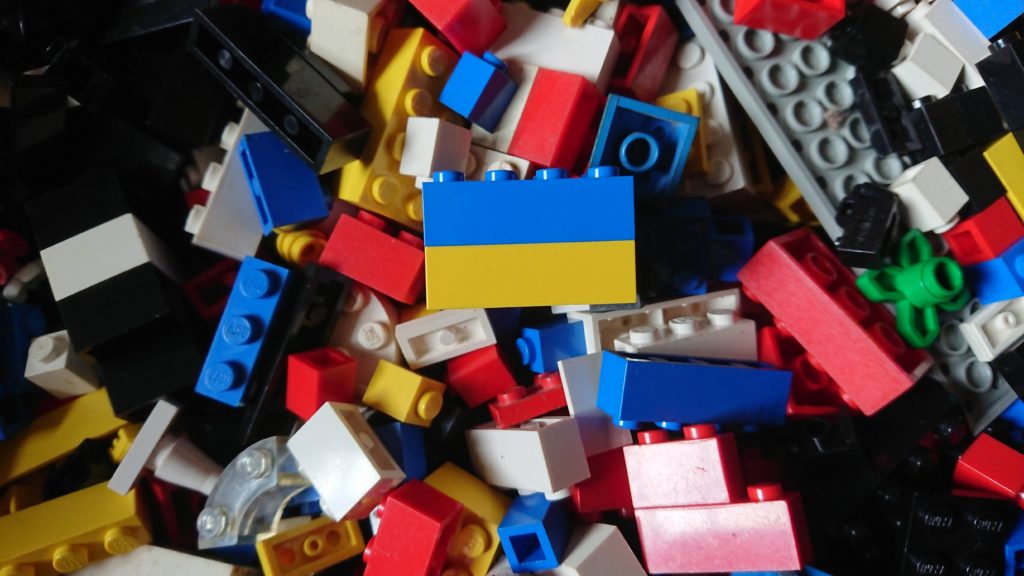
Look around our world and you see a lot of that: there’s a lot needs rebuilding. I expect you found that too. Its wasn’t all picturesque ruins even then. I’m not sure there’s really any such thing. After all the ruin of anything has a complex story to tell as evident for example in the Grenfell inquiry.
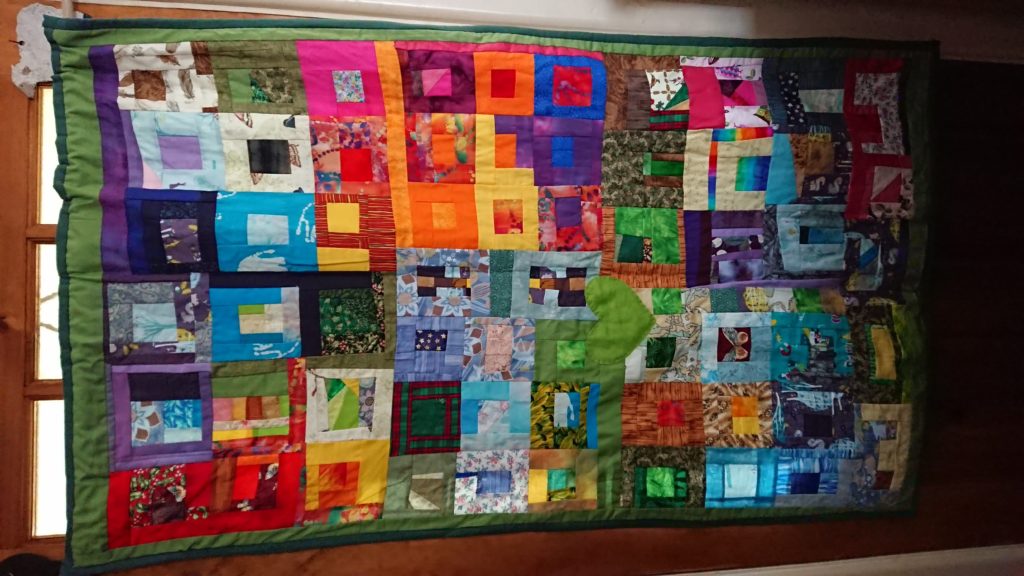
Walking along the canals of Britain I’ve seen many extremes. Some things are rebuilt, some are pulled down, some places are rewilded, some are chopped down. There are disused things, like railway lines, that are reused for traffic free paths, while other sections got swallowed up when the M1 was built. A railway route existed between London and the North of England. It was called the Great Central Railway but it was closed so now HS2 starts the process all over again.
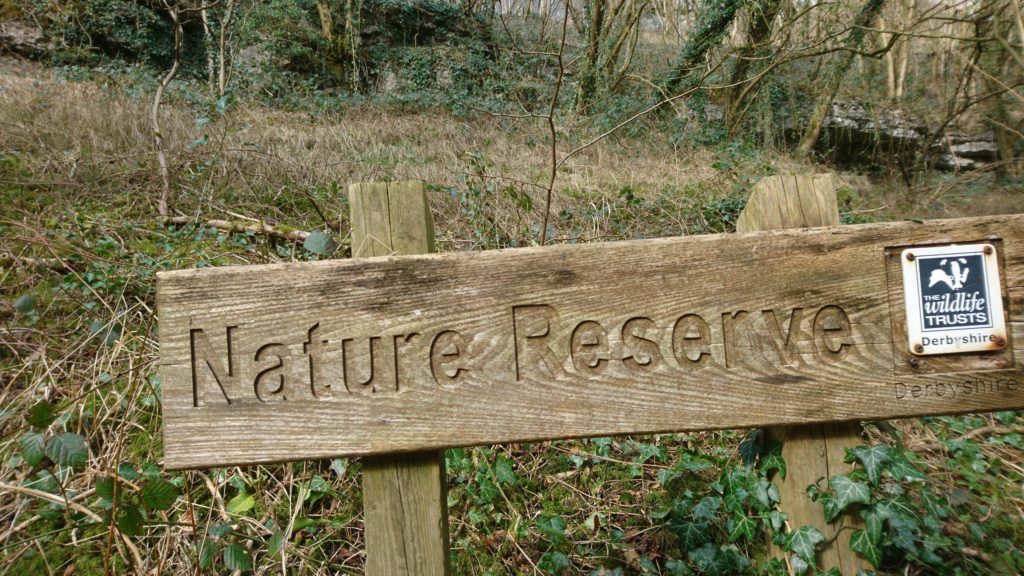
All of this made me thing of chapter 57 about Artisans in the monastic community. These were skilled people who could make stuff but the point was they had put that skill at the disposal of the community. Therefore it was directed by the leadership of the community and any benefit accrued was for the community. The artisan was expected to be humble.
It sounds quite sensible until inequalities start to creep in. The leadership might keep more of the artisans products than they should for themselves and the profits are not all given back to the community for decisions about what to do next, for example. The artisans may be encouraged to be humble but what about if their gifts are misused or they are taken for granted. The chapter is not just of concern to the artisans who’s work is under consideration, but for everyone who is concerned for a fair community.
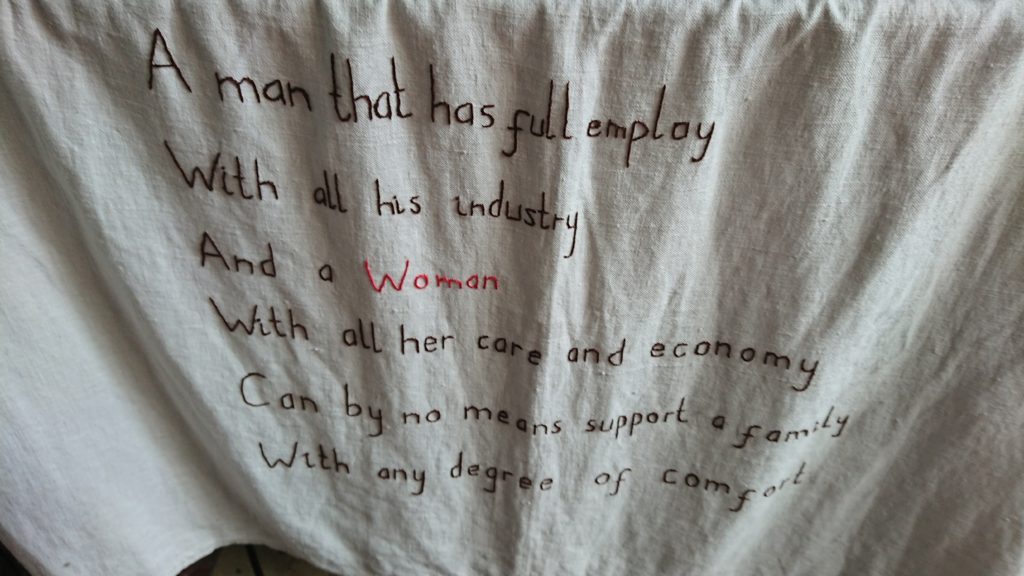
Such are the challenges in community. After all, as we regularly hear these days, it only takes one bad apple. We can rebuild stuff, we can rewild places, but we have to see it as a benefit to everyone. It seems that some businesses that contribute most to human induced climate change wish to be excused some of the responsibilities or receive greater compensation. It’s as if they don’t believe that having a thriving planet is in everyone’s interest.
Building is therefore a complex subject. You go as far as to suggest that monastic artisans should under cut the market price compared with prices outside the monastery. But what if those outside do not have the same support as the monastic artisans and have more overheads from high rents or a profit driven supply chain? If these artisans are under cut by the monastery then they may be driven out of business and into poverty. Not for the first time I find your rule lacking in an understanding of justice, but maybe market forces didn’t seem as complex in your day.
Any worker should do what they can to retain their integrity, but that can include calling out unjust situations or unsafe conditions. ‘Artisans are doormats’ is not an attractive slogan in a monastic community or anywhere, particularly when we regularly see the product of unsafe working or unjust labour laws.
At school I was told by the class bully in a pottery lesson that I should smash up the clay figure I’d made as it was ‘too good’ and that was somehow ‘unfair’ to everyone else (including him of course). I didn’t. I still have it to remind me of some of the challenges of being an artisan in a community.
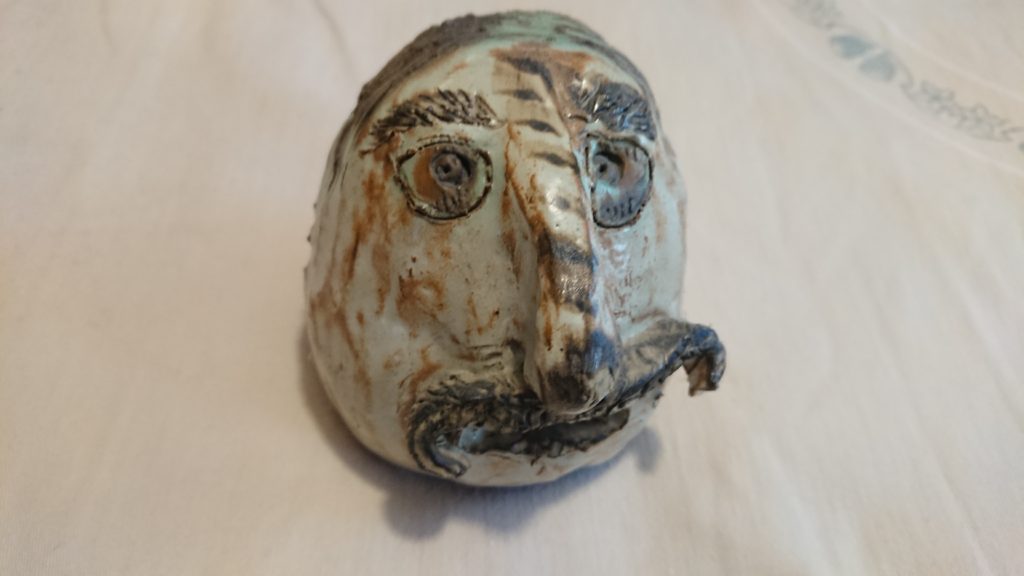
From my remembered bible: a wise person builds on rock
May we have the integrity to build justly.
From a Friend of Scholastica and a Member of the Lay Community of St Benedict.
Janet lees, 03.07.2022, in Longdendale.
